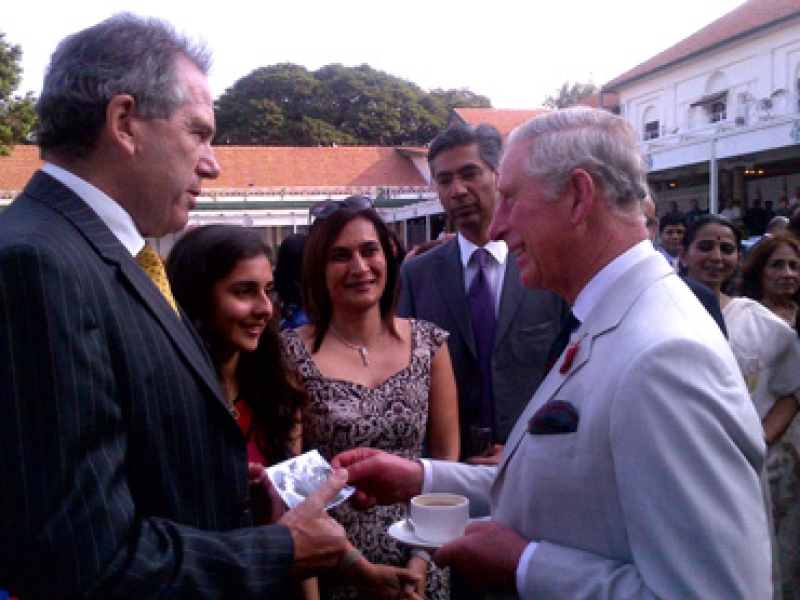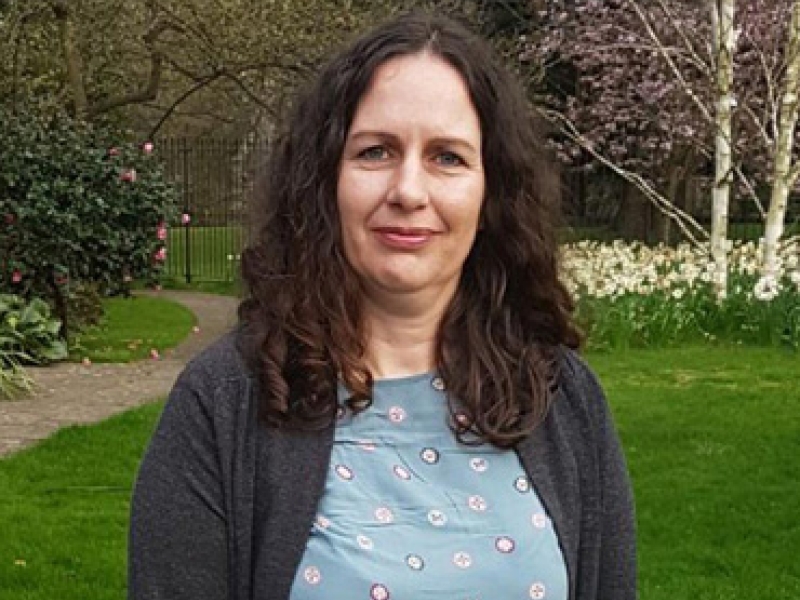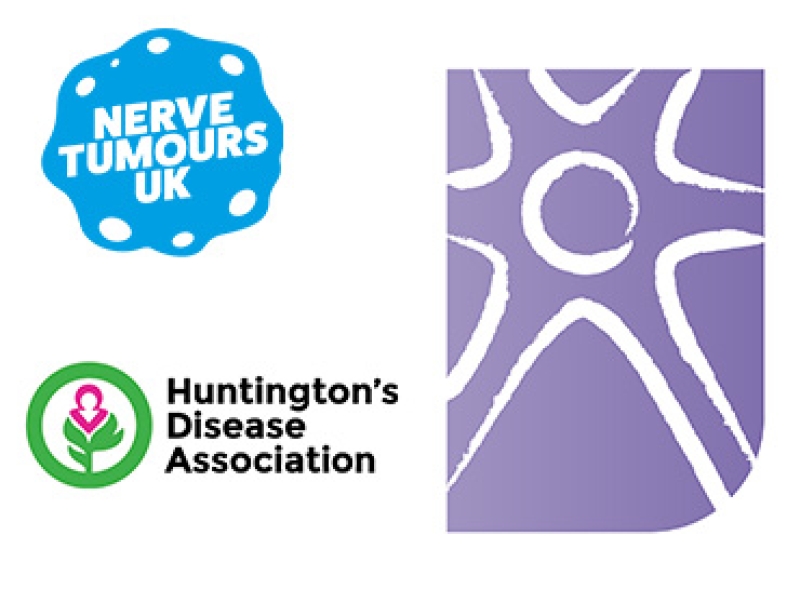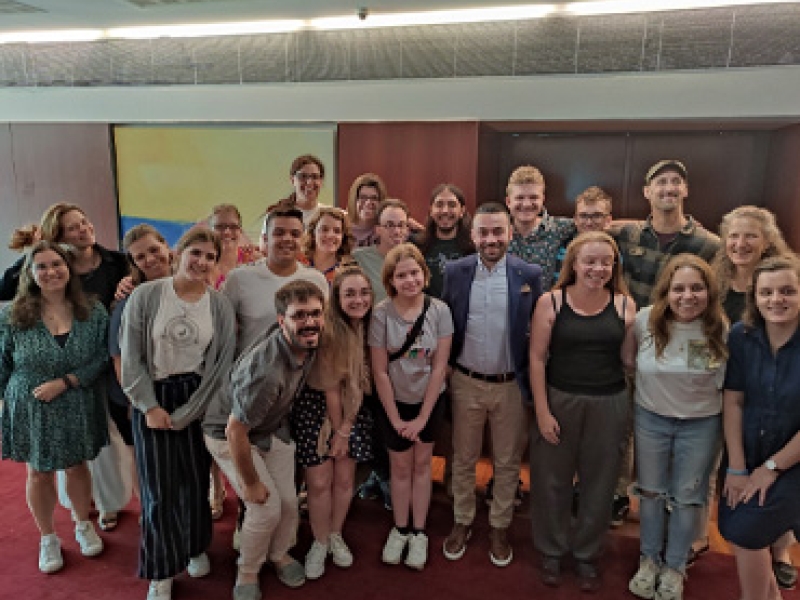Jane Frances
19 November 2019
Jane Frances
Jane Frances is a psychotherapist and was for many years Schools Specialist and Policy Advisor in Education at Changing Faces, UK. She is an expert in the psychology of visible difference.
She tells us of how findings from psychological research can help parents and teachers of children with Neurofibromatosis to better support them.
“I have worked with a lot of children with many conditions including NF, and I’ve found that the responses by other people to visible difference is pretty standard across conditions. The advice I give is based on research. ‘Common sense’, however well-intentioned, can lead to counterproductive interventions.
For example, if a child is staring at a child with a visible difference, the ‘natural’ reaction of the teacher is to say, ‘you mustn’t stare’. The result is that children learn to turn away, and the child with the difference feels even more isolated.
A better response is for the teacher to tell the staring child, ‘if you find yourself staring, smile and say ‘Hello, my name is Jane. What’s your name?’’
It is even more important that parents or the teacher coach the child who has NF to handle other children’s curiosity. The best strategy is for the child with NF to have something to say, like: ‘Don’t mind my lumps and bumps. I’ve got NF. Have you got something interesting about you?’ It is always good to round off with a question and engage – curiosity is the beginning of a relationship.
If the child is shy and nervous, the teacher might need to say, ‘Oh you’ve noticed Timothy’s unusual face. Well that’s the way Timothy’s face is, and did you know Timothy has a pet cat?’
We know from countless studies that it is harder for a child who looks unusual to make and keep friends. This is caused not by an aversion to the unusual face, but by an aversion to the stigma. The key, therefore, is to reduce or eliminate the stigma. The conversational strategies above will help. A curious stare is a door to a conversation and possible relationship.
Teachers’ expectations are also key: they need to hold in their heart really positive hopes for this child’s future. Many studies confirm the ‘Pygmalion Effect’: that lower expectations lead to lower results. Teachers aren’t doing children a favour by going easy on them. The child needs tough, high expectations.
These are just a few tips. You can get more information and resources for tackling issues of face equality and the impact of appearance at changingfaces.org.uk.”
– Jane Frances"The best strategy is for the child with NF to have something to say, like: ‘Don’t mind my lumps and bumps. I’ve got NF. Have you got something interesting about you? "
Filter News

Nigel’s story - Normal is as normal does
Nigel lived a normal life until age 47. The next 20 years took him from NF1 to NF2 to Schwannomatosis to mosaic NF2
Read More
Meet Helen
Helen is the Specialist NF Advisor for Devon and Cornwall and is based at Derriford Hospital in Plymouth.
Read More
Meet Rebecca
Specialist NF Nurse Rebecca is Lead Nurse, NTUK and is based at the Genetics Institute at the Centre for Life in Newcastle
Read More
World Mental Health Day 2023
NTUK (as part of the Neurological Alliance) has signed a joint letter aimed at improving access to mental health services
Read More
CAR Research visible difference experiences during recruitment
Research participants required, find out more and take part
Read More_800_600_s_c1.png)
Oliver Bromley’s NF Story
Oliver, who was asked to leave a restaurant due to his appearance, chooses to turn discrimination into a call for awareness
Read More
NF Academy 2023 - Ella’s Blog
Ella, who has NF1, attended the week-long 2023 NF Academy in Portugal, meeting young adults with NF from all over Europe
Read More
University of Manchester Research
Read about the latest PHD research, involving Nerve Tumours UK, at the University of Manchester
Read More
New Research Study for Children and Young People with NF1
Find out more about the study and how you can participate here
Read More

